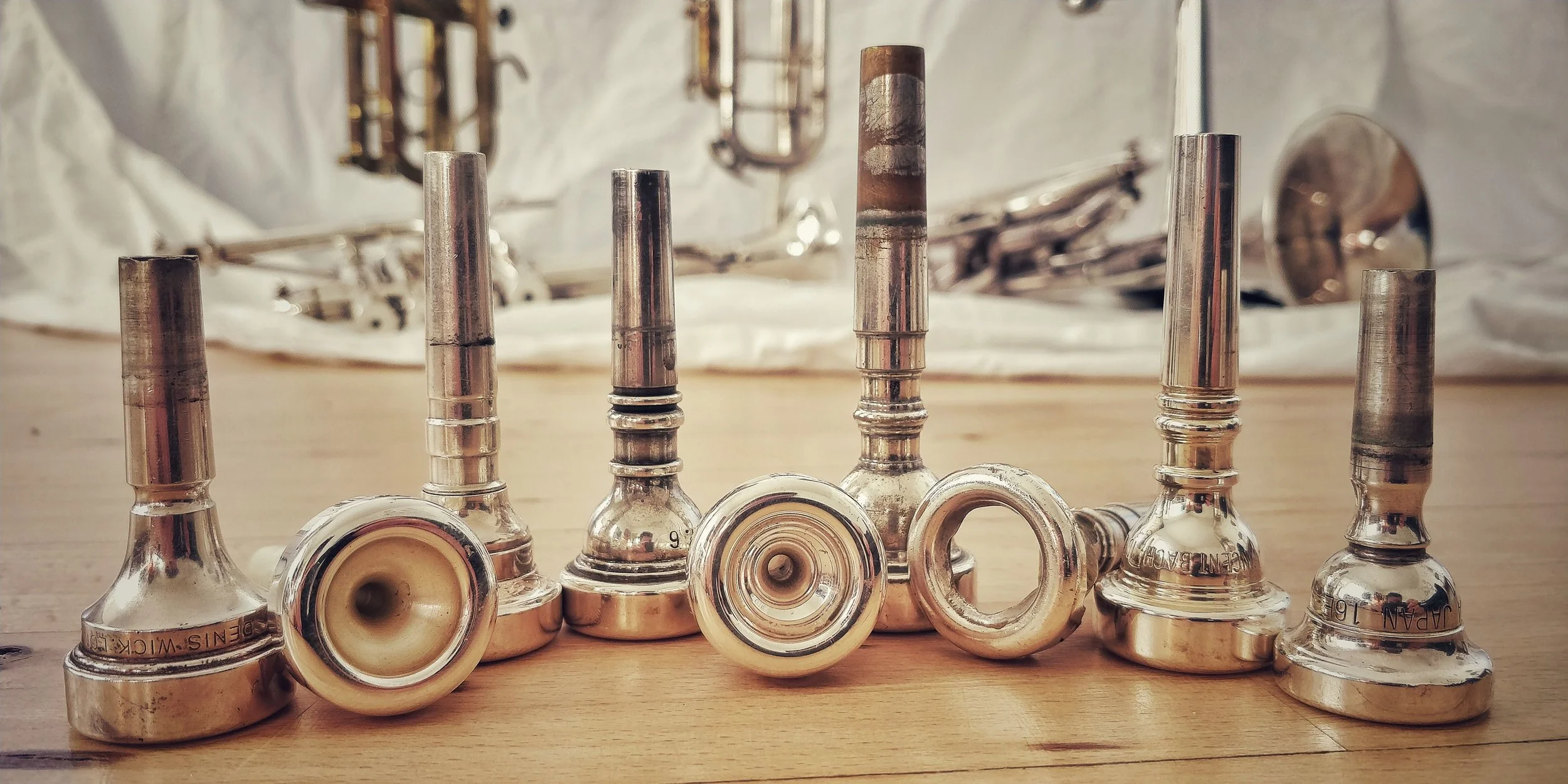I was very busy in the last weeks and unfortunately didn’t make it to update the blog as I wished. A short vacation following by great musical experience – playing in a big show with mainly songs from different musicals with some great artists.
My original plan was finally to write about Random Practice and to give examples. However, honestly, I couldn’t find the time to do that.
Surprisingly I found another topic to write about. The idea was taking some “lemons”, turn them into “lemonade”, and write about it! As we started with the very intensive schedule of the shows, including the crazy hot weather in Denmark those weeks– I started to have some minor injuries or wounds around my embouchure. I guess that the combination of hot weather, a lot of sweat and many hours of the mouthpiece on the lips playing high and loud notes – result in injured lips.
I noticed a few days ago a small wound on my upper lips. Of course, the first thing was to panic, but I immediately started to re-think it. First, I calmed down and decided to be positive. Let’s see if it affects somehow my playing, and if so – let’s see what I can do about it. As I started my daily warm up before the show, I noticed that as I go up in the register, probably using a little bit more mouthpiece pressure on the lips – I feel the wound and it is not so comfortable. Again, I tried not to stress about it and decided to let go of the feeling and stay much more focused on the music. Thinking about my tone quality and solfeging the music in my mind all the time. After a few minutes into the warm up, I just forgot about this tiny thing. I made it through the 3 hours show successfully. Although I spend quite a lot of time in the gig on the high range, it didn’t bother me so much. I had a great time!
The importance of our mental preparation and strength while playing the trumpet, is one of the most important lessons I have learned, and still learning. Arnold Jacobs once said, “There is no need to think about our lips before we play any more than we have to think about our vocal chords before we speak. Listen to good sounds in the head and the embouchure will follow.” He also said, “What you feel like (while playing) is not important. You should focus only on what you want to sound like.” I heard exactly the same things in many different variations from my professor, Kristian Steenstrup, but I could never trust my lips and always had to “check” how does it feels and go by that. I started my day by checking how my lips feels today and if it is a good or a bad day. However, after some years, I learned how to let go of these thoughts and to focus on other things, like the music and the sound quality I want to have.
That leads me to one of my biggest discoveries in the last years. I think I will write about it separately but just to give you a small teaser – for many years I was dealing with a very bad stamina. I got tired so fast and it was the most frustrating thing about my playing. The idea of getting tired was always there. I avoided some pieces because they are tiring, or collapsed in the middle of a piece, just because this phrase considered to be tiring or tough.
Today, I really believe that after learning how to play efficiency and of course practicing on a daily basis to stay on shape – one of the things that helps a lot not to get tired is my mental preparation and approach. I could never finish my master exam or playing a 3 hours show, mainly on the high register, if I was thinking all the time about my lips conditions and thinking about not getting tired. The moment I let go and successfully thinking about the music – I noticed I almost never get tired. But as I said – stay tuned and check that on my next post.


